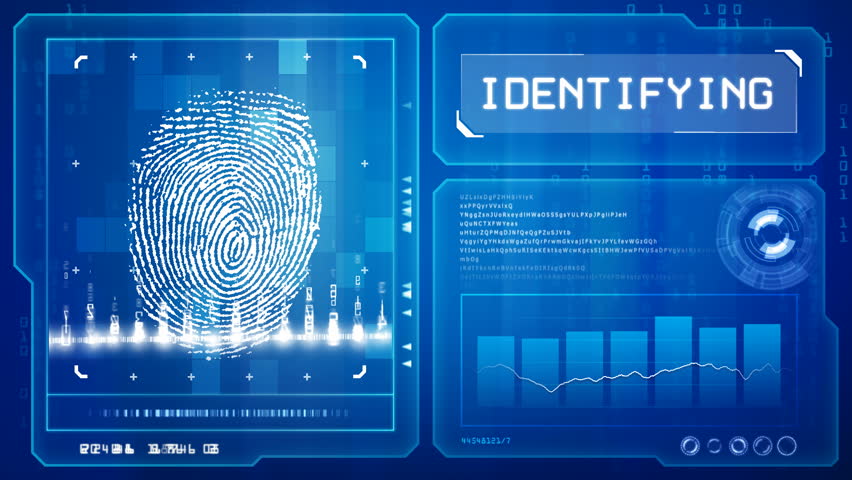Courtroom and regulation enforcement tv have made a public perception that fingerprinting is infallible science fiction. While the routines for every human finger are shaped in the uterus. It's essential to be cautious about terminology which signifies absolute certainty.
Taking a Look at the Numbers
Does Fingerprinting Find all Criminal Records? The FBI has famously estimated that fingerprint identification is 99.8% true. This degree of precision is reassuring when you've got a murder or burglary with a brief list of known suspects.

Image Source: Google
Our discussions often take fingerprints and snowflakes as scientific cases of uniqueness, and even the snowflake cliché has its limits. On a practical level, there are just so many possible variants of geometrical scents or whorled lines. After a certain point, the subtle variants are easy to overlook.
Databases and Forensics
The word"forensics" has become associated largely with courtrooms and detectives. But it's also a word for discussion and argumentation. With this secondary definition, anything that's forensic should likewise be problematic. Fingerprinting is a great tool for narrowing down adding and suspects to additional signs. The FBI employs the IAFIS, and it comprises over 70 million collections.
This database comprises more than simply prints gathered in local police departments throughout reservations. Additionally, it contains sets that were filed for background checks. Once an employer submits the prints of job applicants to the FBI for a background check.After that these places are inserted into the identical database using criminal records.
For companies, fingerprinting remains a fantastic way to supplement different kinds of background tests. It is just important for everybody to understand the odds of malfunction when too much is dependent upon a single kind of forensic evidence.